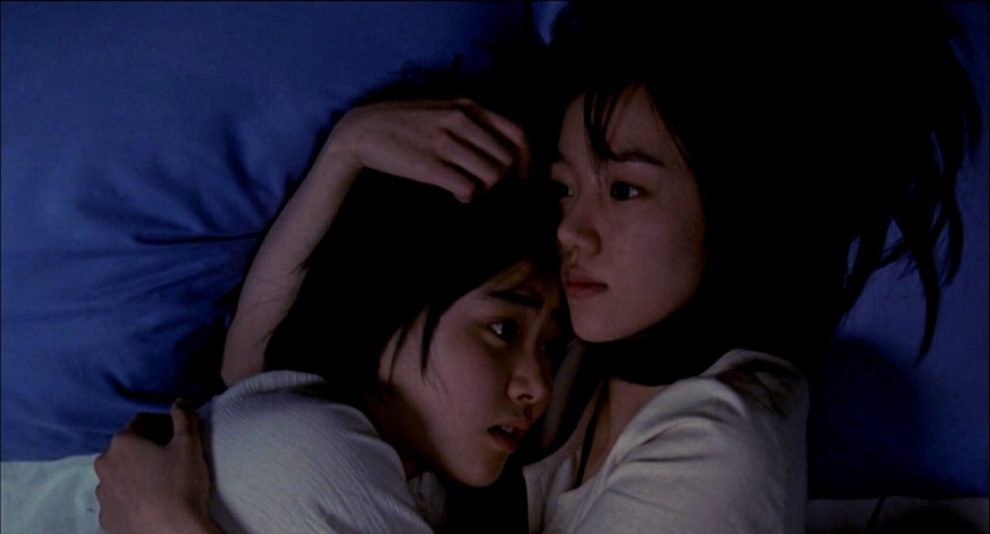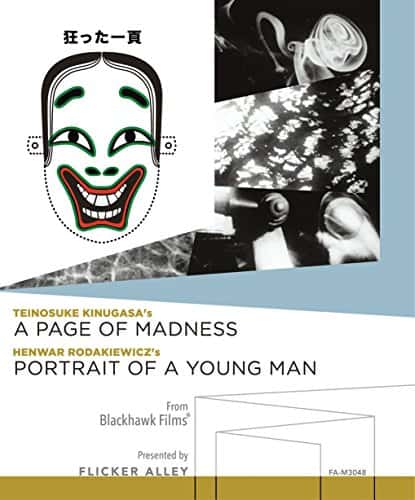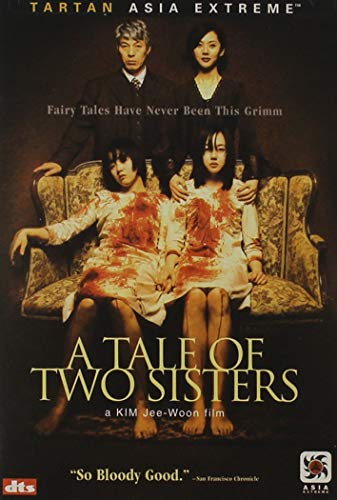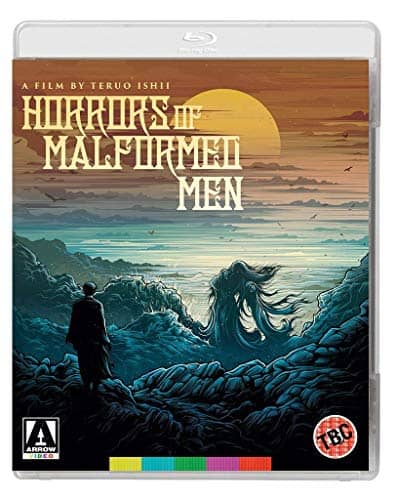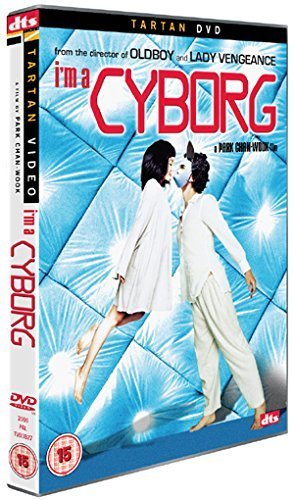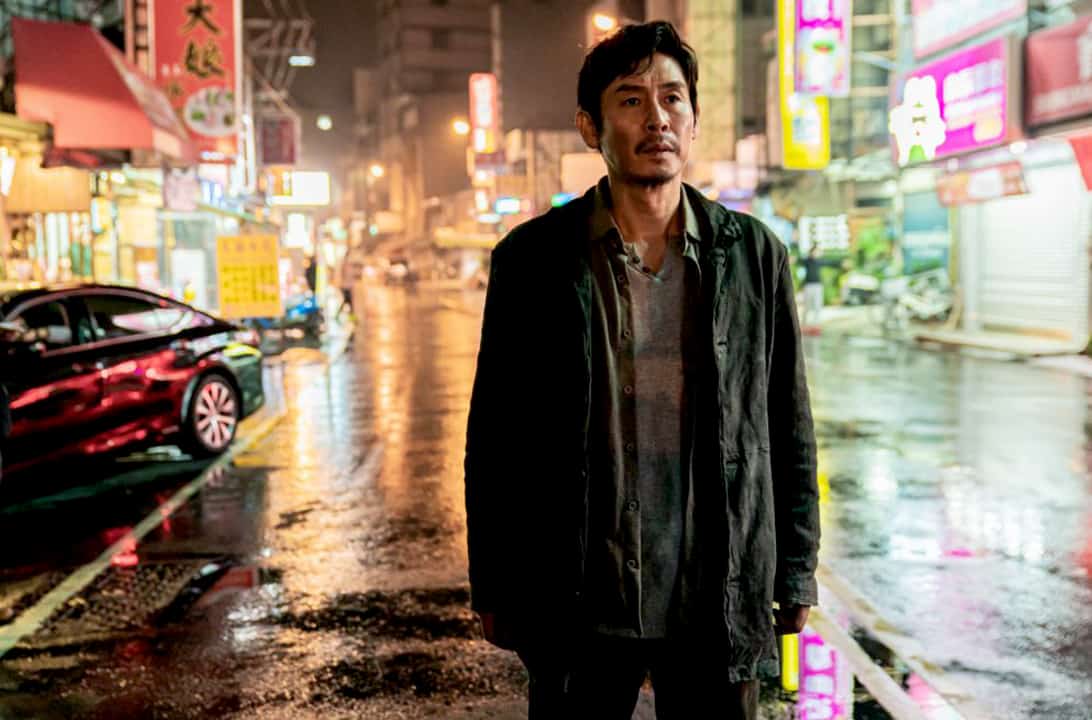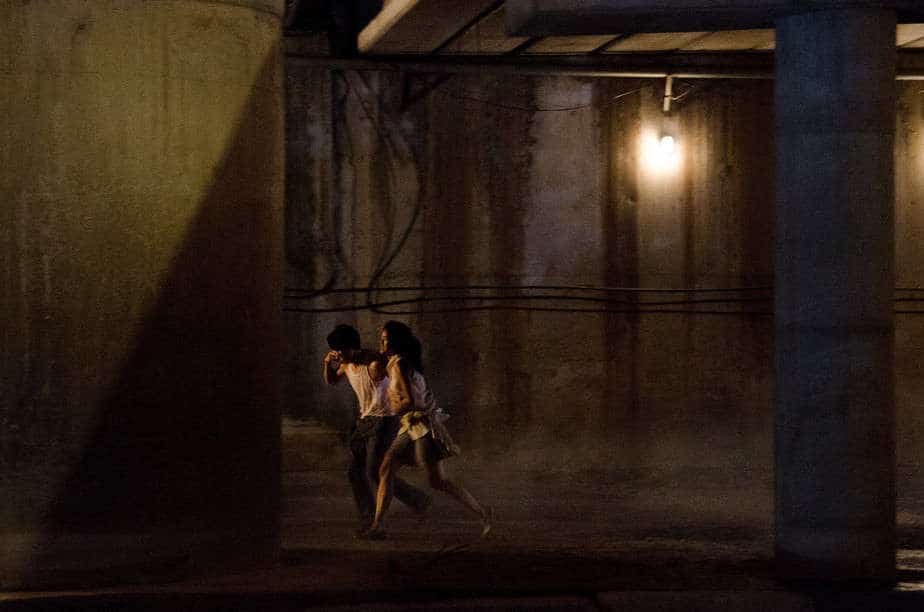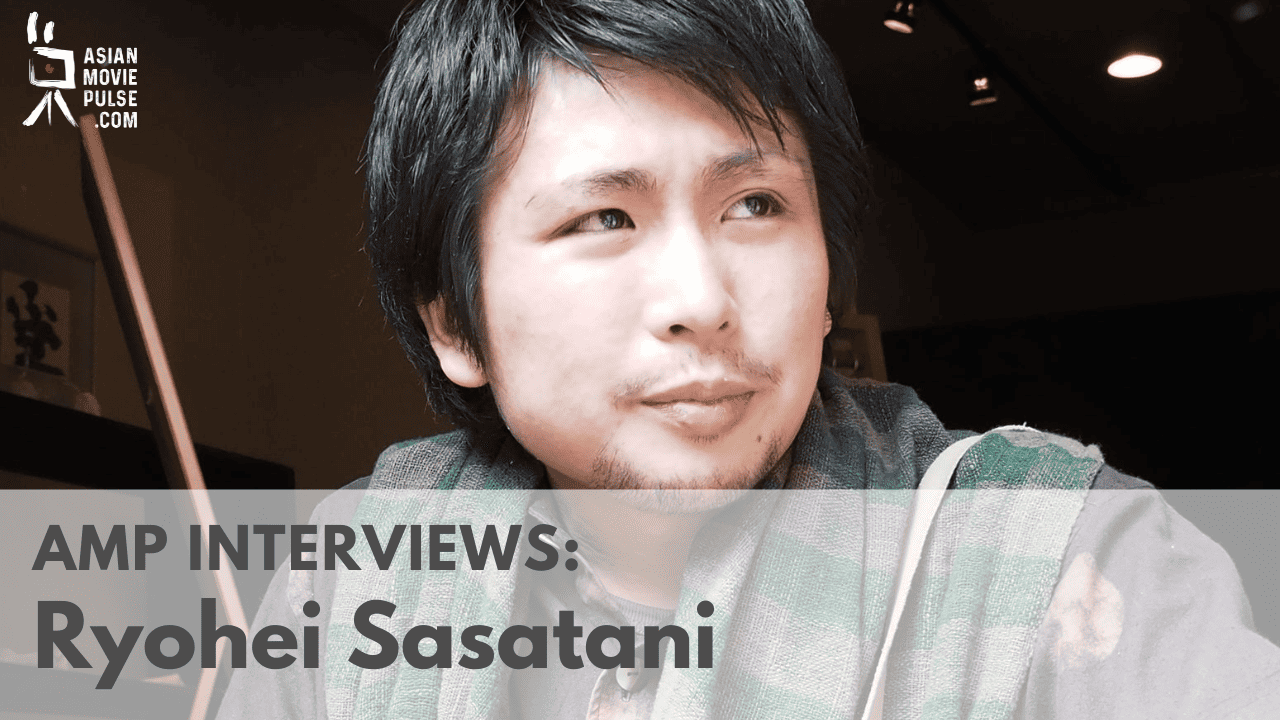Mental illness, and particularly some of its implementations, has been a taboo in many countries around the world, with the “secretiveness” extending to the circumstances inside the asylums. In this list, we have included films that do the exact opposite, dealing with mental illness straight on, through a number of approaches that range from that of the supernatural to that of the documentary, and anything between. With a focus on diversity in genre, country of origin and filmmaker, and trying to focus on illnesses that affect only the mind and not he body (thus excluding autism for example), here are the 17 we picked.
(The titles are listed in alphabetical order. By clicking on the titles you can read our full reviews of the films, where applicable)
1. 15 Park Avenue (Aparna Sen, 2005, India)

Aparna Sen, once a successful actress, turned director to tremendous results. Her subtle independent dramas impress with psychological depth. “15 Park Avenue” is not an exception, taking us to the middle of a troubled family, where an adult daughter Meethi, played by Konkona Sen Sharma, suffers from schizophrenia. Aparna Sen emphatically portrays the woman, carefully watching the impact of her disease on her whole family and her own integrity. The movie is an in-depth, complex study of a character's personality, where past and childhood experiences are forming points. The director's depiction of mental illness is accurate and far from romantic filmy visions. Sen also poses the question about what is real and what we perceive as normal and abnormal as well as shows difficult truths about social attitudes to mental health issues. Shabana Azmi and Waheeda Rehman as Meethi's elder sister and mother give excellent supporting performances. (Joanna Konczak)
2. A Page of Madness (Teinosuke Kinugasa, 1926, Japan)
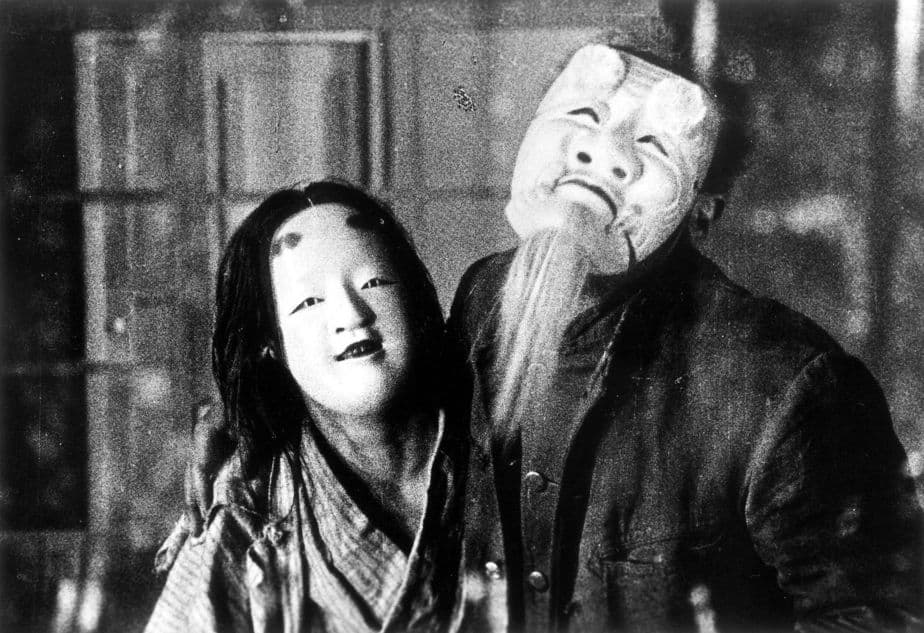
The film could not have a more fitting title, since it actually functions as a page of madness, initially due to the circumstances in the asylum, but eventually due to what is happening in the custodian's state of mind. In order to present this state of madness, which one could say is a depiction of what is going on in the minds of the patients, Kinugasa uses a number of flashbacks and rhythmic intercutting, which intensify the depiction of the illogical occurrences that take place in both reality and in the custodian's mind, with the borders of the two becoming almost non-existent, eventually. (Panos Kotzathanasis)
Buy This Title
3. A Tale of Two Sisters (Kim Jee-woon, S. Korea, 2003)
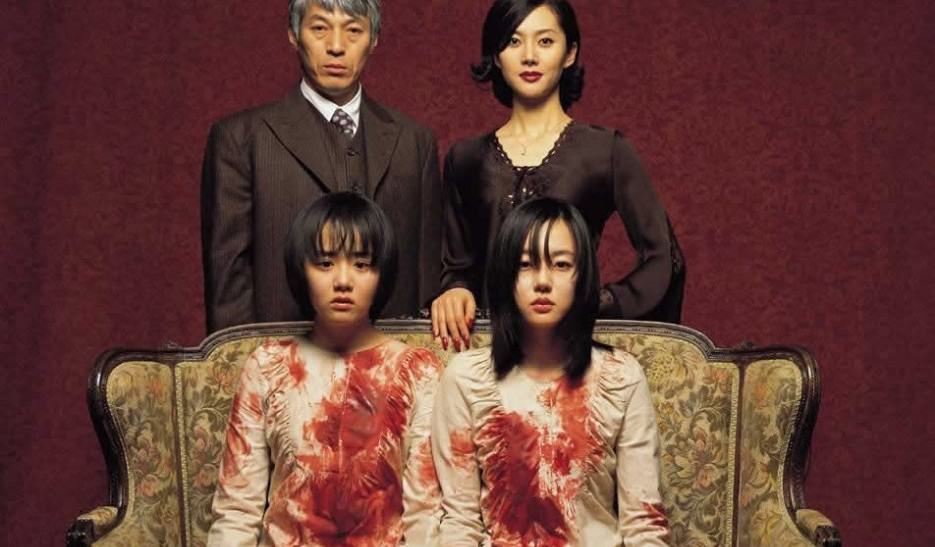
Kim Jee Woon takes the classic Korean folktale, Janghwa Hongryeon Jeon (The Story of Janghwa and Hongryeon) and transforms it to a modern, urban horror film. In the most explicit way, the film primarily brings into focus the relationship between the two sisters and their stepmother, as the puzzle that begins to unfold from the beginning is soon filled with neurotic psychological horror and a question regarding the if the events that take place on screen are supernatural or figments of a very sick mind.
Buy This Title
4. Horrors of Malformed Men (Teruo Ishii, 1969, Japan)
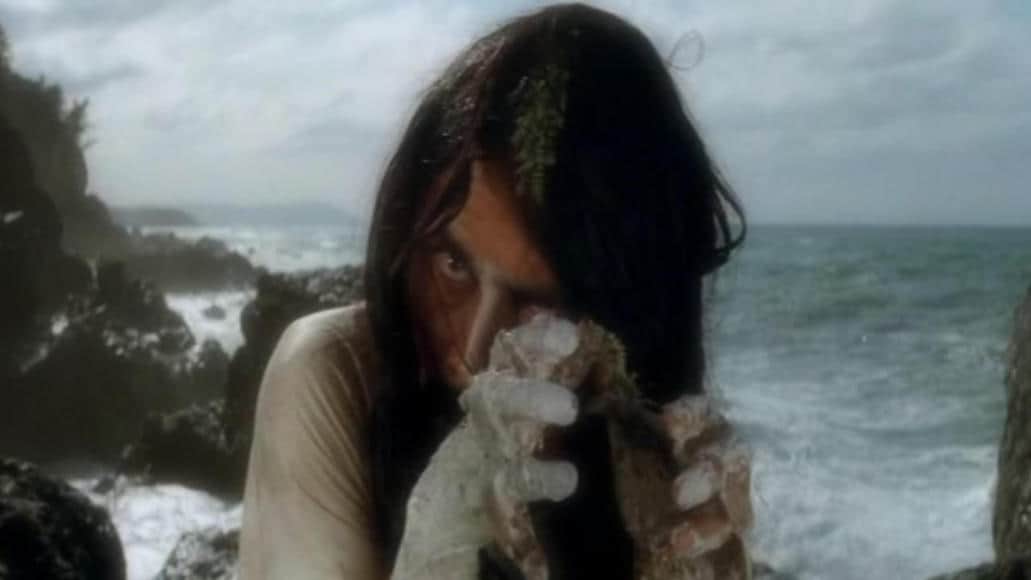
If “Horrors of Malformed Men” starts as a classic thriller and carries on with a long (and confusing) introduction, nothing can prepare you for the madness and the hallucinatory effect of the second part of the movie on the Island. Echoes of Japanese post-war nuclear paranoia are still resonant but the imaginative and perverse beauty that imbues this theatrical mush-up is strangely captivating and manages to make palatable all the hard-to-digest ingredients like torture, murder, incest, “indirect” cannibalism, rebirth, dismemberment and genetic aberration.(Adriana Rosati)
Buy This Title
5. I'm A Cyborg, But That's OK (Park Chan-wook, 2006, South Korea)
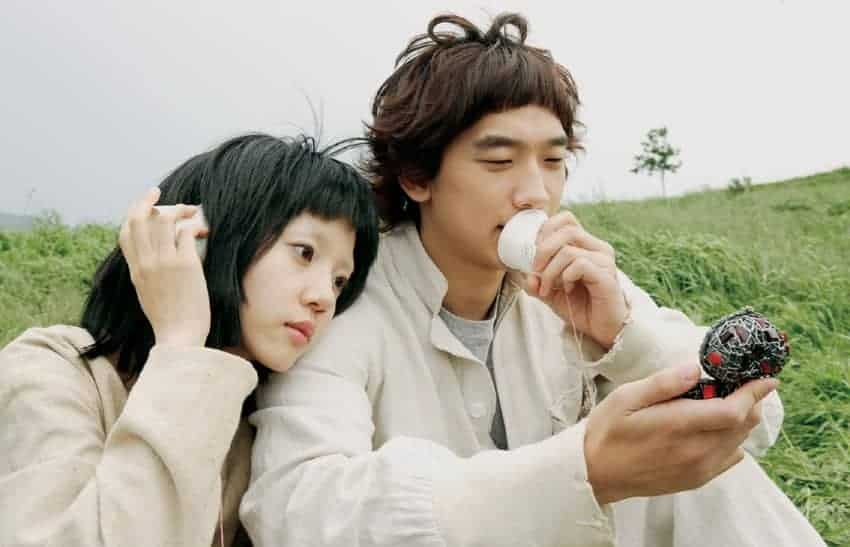
Deep within the comedy, there are far sombre statements to be made and messages to be received. The way people treat their near and dear ones who have mental disabilities is shown brilliantly and possibly very accurately; how for the onlooker it is a very serious issue, but for those suffering with it, it is just something they have and is just OK. Hope is a very strong, persistent theme throughout the film too. It is to Park Chan-wook's credit that the film, which is usually considered the weaker work in his oeuvre, still ranks among the finest romantic films in a film industry awash with some absolute masterpieces of the genre. Park has stated that after making the DMZ-set “JSA” and the very violent Vengeance Trilogy, he wanted to make a film that his little daughter can watch. “I'm a Cyborg, But That's OK” almost feels like a non-traditional fairytale at places with weird, bonkers but wonderful characters. Go on, recharge your batteries. Be wacky. Sometimes, that's OK. (Rhythm Zaveri)


